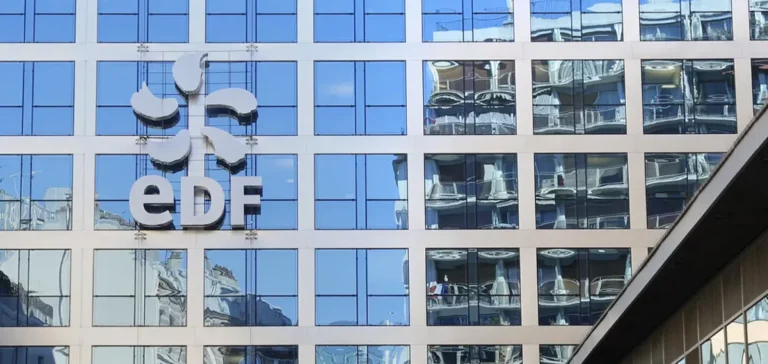Électricité de France (EDF) is facing investment needs totalling €460bn ($485bn) between 2025 and 2040, according to a report submitted by the French Court of Auditors to the National Assembly’s finance committee. The institution recommends a clear distribution of financial responsibility between the state, EDF and consumers, warning that the group’s financial trajectory depends on urgent decisions about its economic model.
Investment priorities focused on nuclear and networks
EDF has allocated €90bn to extend the lifespan of its existing nuclear fleet, €115bn for the construction of 14 EPR2 reactors — including €75bn for the first six — €15bn for the upgrade of its hydropower assets, and more than €100bn for the development of Enedis’ power distribution network.
At the same time, the end of the Regulated Access to Historic Nuclear Electricity (Arenh) mechanism, scheduled for late 2025, will increase EDF’s exposure to electricity market price fluctuations. To address this, the company is planning medium- and long-term contracts with energy suppliers and industrial consumers.
Clarifying risk-sharing between EDF and the state
The Court of Auditors states that EDF’s investment capacity will depend largely on the performance of its existing facilities and the success of their life extensions. It recommends that the risk-sharing terms with the state be defined prior to any final investment decision on the EPR2 programme. EDF’s final budget for the programme is expected by year-end.
Strategic review of assets under consideration
The report also calls for a clear dividend policy and urges EDF to conduct a strategic review of its investments and subsidiaries. Partial or full asset disposals could be considered as a means to unlock funding capacity, particularly in the event of unfavourable market conditions.
Chief Executive Officer Bernard Fontana, appointed in May, has stated his intention to prioritise investment in French-based strategic assets. During a parliamentary hearing, he indicated that divestments might be necessary to preserve the group’s profitability, particularly in support of the domestic investment programme.






















